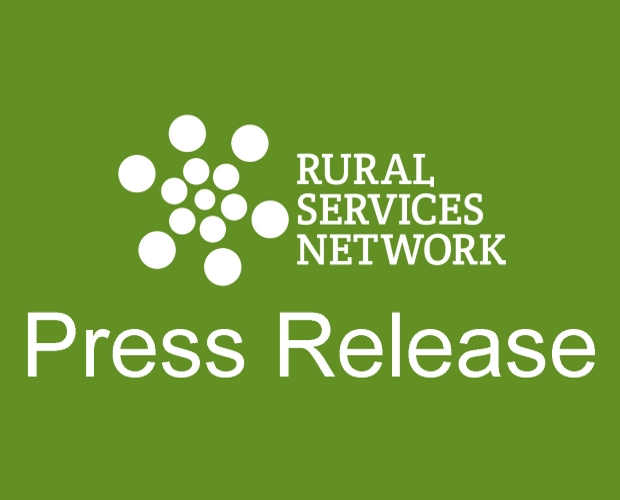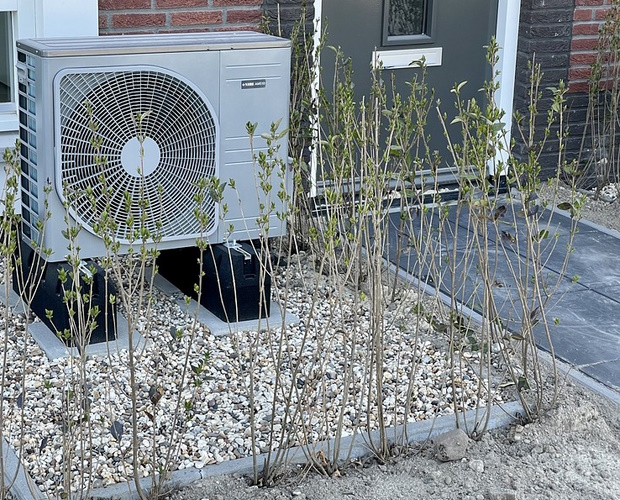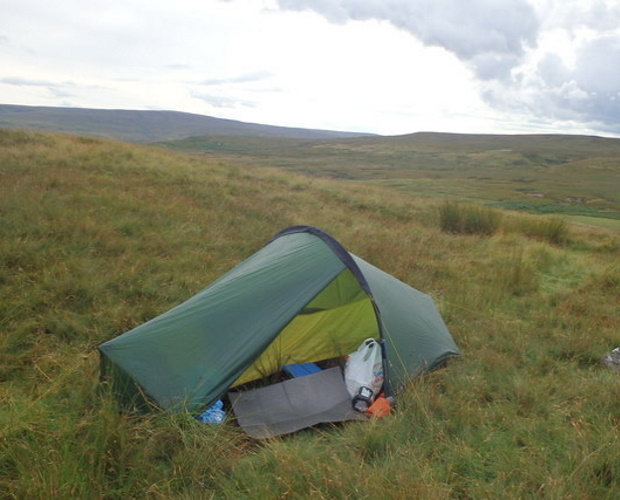T: 01822 851370 E: admin@sparse.gov.uk
CHIEF EXECUTIVE EDITORIAL: A roadmap out of isolation?

Transport and the potential economic fall out from decisions relating to HS2 have dominated recent headlines during the party conference period in a way that you wouldn’t have anticipated.
Does that mean that transport will be an election winning battleground in the coming months? I do hope so. It may mean that we can finally get rural on the agenda, as transport is a policy area where rural have been sadly overlooked for years, leaving pockets of excellent practice and innovation, existing alongside public transport deserts.
Urban Local Authorities receive 38% more in Government Funded Spending Power compared to rural councils. The focus on local authority spend is of course statutory services, leaving little in rural areas for discretionary services. In fact, urban councils budgeted to spend 3.5 that of rural councils on public transport this year. Given the fact that rural routes are not money making schemes, it won’t surprise you to know that research by the County Council Network showed that more than one in four bus routes in county and rural areas have vanished over the last decade.
A competitive bidding approach for Bus Service Improvement Grants has left some rural local authorities with no additional funding to help implement their aspirations for travel in their area.
Along with funding, challenges also come in the shape of sustainable transport solutions and the move to net zero. The resilience of the electricity network looks unable to sustain the type of demands placed on it with electrification of cars, and public transport, along with the heat pumps we are forecasted to install in the coming years!
It’s certainly starting to look bleak for the lonely resident stood on the country lane at a bus stop waiting for the bus that never comes…
…but ahead of a general election, with 40% of constituencies being rural, this is a time for opportunity and a different way of viewing policy.
Transport is not just a means of getting from A to B, it’s a route to education, skills and training and employment. It enables our rural residents to access health appointments, public services and visit friends, freeing them from the heartache of social isolation and loneliness.
Viewed as more than a means to an end, we know that a combination of solutions will work for rural.
If I could ask the political parties for three things it would be:
- A policy that places a duty on local authorities (and allocates ring fenced funding) to determine their local need for socially necessary rural buses.
- Protection for community transport by creating a larger funding pot sustained over a longer period. It should promote the use of Community transport schemes which serve outlying settlements and feed into bus or rail routes.
- Creation of a greener future for rural areas by undertaking a comprehensive review of the electric grid, and where appropriate, hydrogen supply to address the risk that the high costs of introducing electric or hydrogen buses, and their fuelling facilities could prove problematic in rural areas.
Of course in reality, it’s all about the money, and very little is achievable unless it is underpinned by Fair Funding. Rural communities will never achieve their potential when they are constantly restricted by a lack of funding to actually make things happen and deliver the services their communities desperately need. This requires not just the DfT, but DHLUC and Treasury to come together to recognise the important role that rural communities play.
So I guess that’s four things I’d like to see happen! I know, I’m greedy, but in reality fairer funding should always be a given rather than needing to be a specific policy ask!
A couple of weeks ago I travelled to Liverpool to take part in a private roundtable event on Rural Transport. It was enlightening to listen to different views around the table on the transport focus across the country. Don’t get me wrong, high speed travel between our great cities would have helped to turbo charge the economy, but if we are to turbo charge the entire economy, including that of our rural communities, we need comprehensive transport policy that encompasses our rural areas, recognises the interconnectivity between our villages and hamlets, and our cities, and delivers solutions we can rely on.
Maybe then, rural communities across England will be freed from their reliance on the expensive private car to travel, and will finally have options and choice, to open up opportunities that can only benefit all.
SIGN UP TO OUR NEWSLETTER
Sign up to our newsletter to receive all the latest news and updates.









